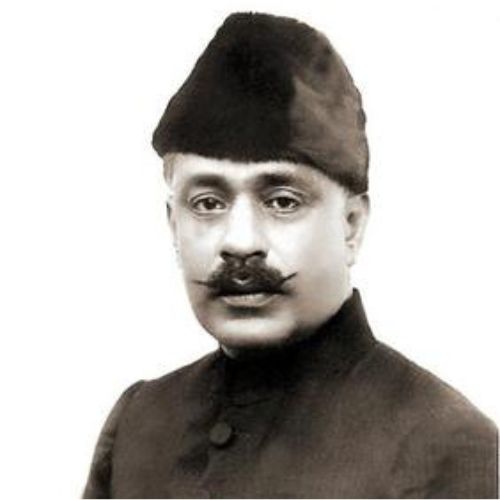
Muhammad Ismail Khan
Coins
Muhammad Ismail Khan (r. 1865–1895) was the Nawab of the Princely State of Jaora in British India. He succeeded his father, Nawab Ghaus Muhammad Khan, at a young age and initially ruled under a regency until he came of age in 1872. Muhammad Ismail held the honorary rank of major in the British Army and was attached to the 1st Regiment, 1st Central India Horse. During his reign, Jaora faced significant financial difficulties, accumulating heavy debts amounting to around 16 lakhs. The state also had to pay a large nazarana (tribute) fee to the Holkar rulers and an annual tribute to the British, which was later reduced. Due to these financial strains, the state\'s military was downsized considerably. Muhammad Ismail Khan was not regarded as an effective administrator, and the state’s governance and finances declined under his rule. Despite these challenges, he maintained his loyalty to the British, which helped preserve his position and titles. He died in 1895 at the age of 41, leaving behind a large family. His son, Nawab Muhammad Iftekhar Ali Khan, succeeded him but was a minor at accession and educated under British supervision at Daly College, Indore. Coins minted during Muhammad Ismail Khan’s reign, such as the copper one-paisa coins, are part of the numismatic heritage of Jaora State.
.jpg)
Nawab Gafoor Khan
Coins
was the brother-in-law of Amir Khan, the founder of the Torik State. The Nawabs of Jaora belonged to a family with Afghan Pashtun origins and maintained close ties with the British colonial administration. Nawab Gafoor Khan\'s lineage played a significant role in the political and military history of Jaora during the British Raj. Under their rule, Jaora was a loyal princely state, contributing troops to the British and maintaining internal administration under British suzerainty.The Nawabs, including Gafoor Khan, were part of the broader political fabric of Malwa and central India, interacting with neighboring powers such as the Holkars of Indore and the British colonial authorities. The rulers of Jaora, through their alliances and loyalty, preserved their state\'s autonomy until its integration into independent India in 1948.
